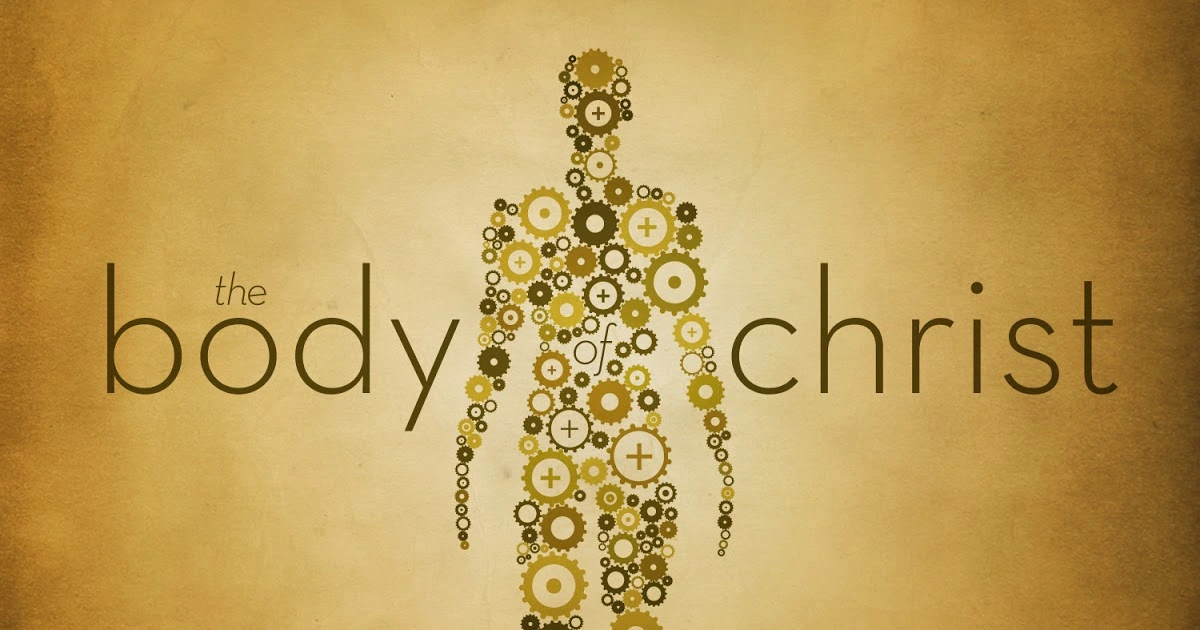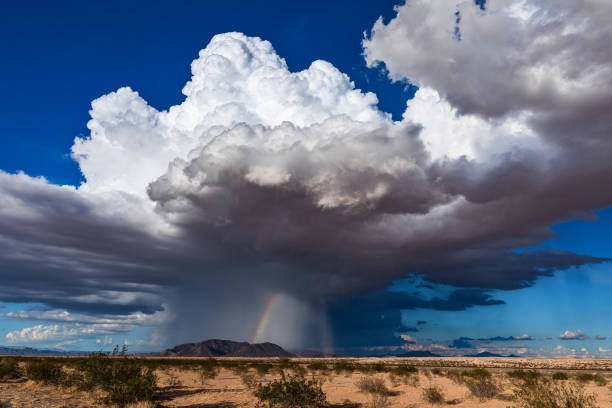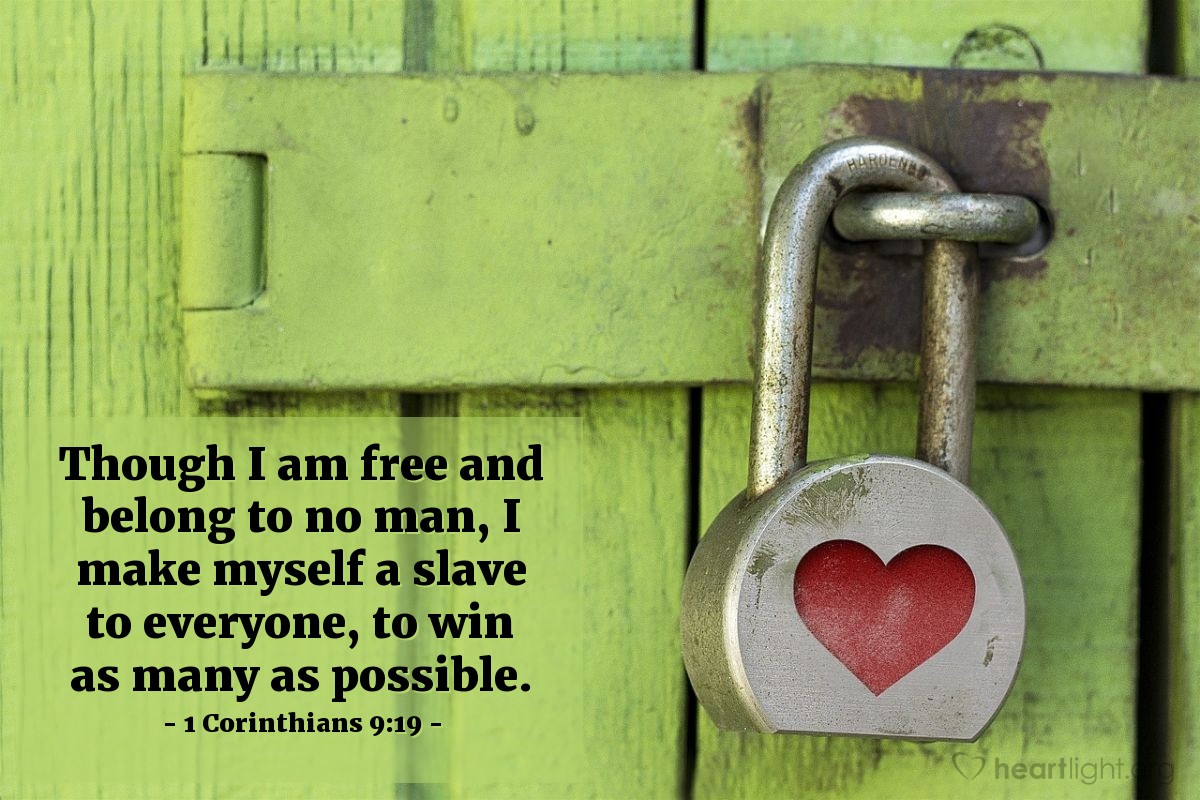“For as the body is one and has many members,
but all the members of that one body,
being many, are one body, so also is Christ”
– 1 Corinthians 12:12 –
The image used the most as a metaphor for the church in the New Testament, and Paul’s favorite, is that of the human body. Our body is a real marvel. It has between thrity and forty trillion cells, twenty-one different organs, and eight systems: the locomotive, the respiratory, the digestive, the urinary, the circulatory, the endoctrine, the nervous, and the reproductive.
The human bodyis an organism composed of many members, each with its indispensable function and requiring the work of countless cells. All these parts and the cells that make them up, essential but different in shape, size, and function, joins harmoniously in a body under the same power that directs them: the head.
This figure of the human body applies to the church (1 Cor. 12:11-27; Eph. 5:23; Col. 1:24). It represents authority, unity, diversity, and purpose. The authority of the body and the church is the head, and according to Paul, the Head is Christ, from whom come the commands and the impulses that coordinate and harmonize the whole body of faith (1 Cor. 11:23; Eph. 2:21-22; 4:15; 5:23).
The unity of the parts is indispensable. The members are the individual parts, but none of them have a life of their own.
The diversity of the church is evident in the variety of gifts and ministries the Lord has distributed. All members play a role. The purpose of each member does not differ from the purpose of the whole. Beyond different functions, they develop a unique purpose, namely life itself. This purpose is evident in the ability to fulfill their obligations, share everything, and take care of one another. For example, the circulatory system makes it possible to transport blood, but it is the red blood cells that carry oxigen. This interaction shows us the indispensability of unity and diversity to achieve the ultimate purpose.
Paul emphasizes the character of the church as a body composed of members full of vitality, whose Head is Christ, and the Holy Spirit, who articulates that living unit. The goal is to grow to the stature of Christ (see Eph. 4:13), as all the individual members use their gift received to maintain life and reproduce it in another believer.
“While all heaven is astir, dispatching messengers to all parts of the earth to carry forward the work of redemption, the church of the living God are also to be co-laborers with Jesus Christ. We are members of His mystical body. He is the Head, controlling all the members of the body” (Ye Shall Receive Power, p. 19).
Jesus still dreams of us becoming one, as His prayer of John 17 says,
He wants us to be united and for the world to know us,
so that the world can believe.
Let us fulfill Jesus’s dream today.
May the Lord bless you, be the difference, let’s be united in Christ…










